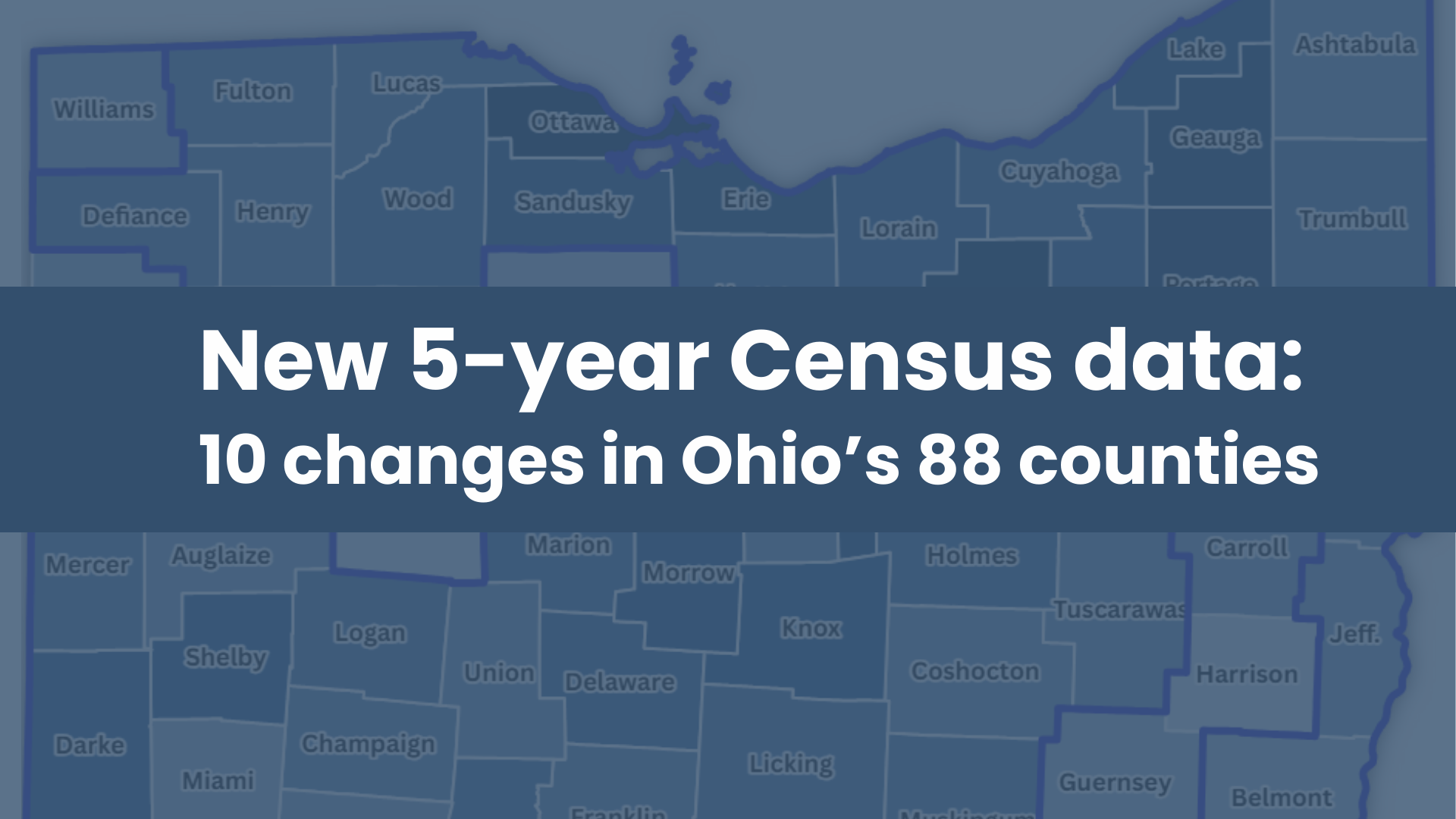In a complex interplay between federal and state policy decisions, changes in the current version of the federal budget bill could “trigger” the elimination of Medicaid expansion contained the current version of the state budget bill. A small, technical provision buried deep in the 1,036-page federal budget reconciliation bill could activate the proposed Ohio Medicaid “trigger.”
If language is not amended, up to 770,000 Ohioans could lose their current health coverage
Beyond this known threat to Medicaid expansion, Section 44111 of H.R. 1, the “One Big Beautiful Bill Act,” reduces the Federal Medicaid Assistance Percentage (FMAP) for states providing health coverage to certain groups of non-citizens. Much of that section does not apply to Ohio, but the exeptions are troubling.
In Ohio, non-citizens must have “qualified” immigration status to be eligible for Medicaid.
Humanitarian Refugees are a group of non-citizens explicitly excluded from “qualified” status
H.R. 1, Section 44111, Reducing Expansion FMAP for Certain States Providing Payments for Health Care Furnished to Certain Individuals makes a number of changes.
H.R. 1 amends the Social Security Act so that:
- FMAP for Expansion is determined each calendar quarter on or after October 1, 2027. Currently FMAP is set annually.
- Introduces “Specified States” which would have an Expansion FMAP of 80%. Currently, FMAP is universally 90%.
- Defines Specified States as those states which provide any subsidy or financial assistance for the purchase of health insurance coverage and/or any form of comprehensive health benefits coverage (e.g., Medicaid) to any non-citizens who are “not qualified aliens” or not children or pregnant women legally residing in the US.
- It uses the standard definition of who is a “qualified alien” from the Personal Responsibility and Work Opportunity Reconciliation Act of 1996 except for one very narrow category, people who are in the US under “paroled” status.
Source of the funding and existing waivers do not matter
A state’s FMAP will drop even if the state is not using federal dollars, and only using state funds or philanthropic funds to subsidize or provide coverage to Humanitarian Parolees.
Ohio is one of 38 states and Washington DC which have expanded Medicaid and provide coverage, typically after a five-year waiting period, to non-citizens who have been paroled into the U.S. for a period expected to last at least one year. In Ohio, these Humanitarian Parolees are typically from Ukraine or Afghanistan. In 2024, following federal directives, Ohio waived the five-year waiting period for Humanitarian Parolees from Ukraine.
As currently written, Ohio’s state budget bill, H.B. 96, includes a Medicaid “trigger” which would immediately end Medicaid expansion if FMAP drops below 90%.
If Ohio ends Medicaid expansion, there is no mechanism for reintroducing expansion eligibility even if FMAP later returns to 90%. We urge state and federal policymakers to fix this potential problem before enacting the legislation.







